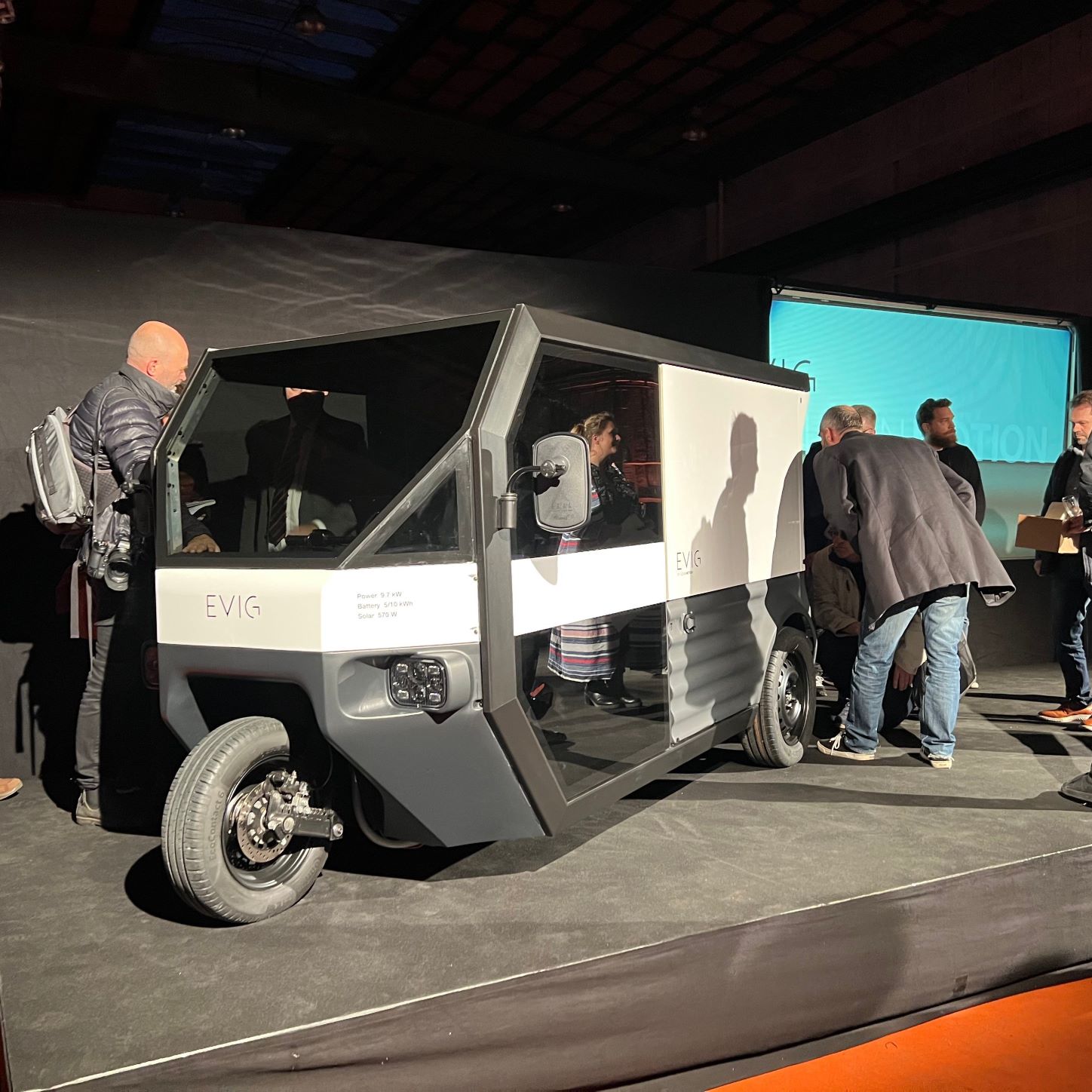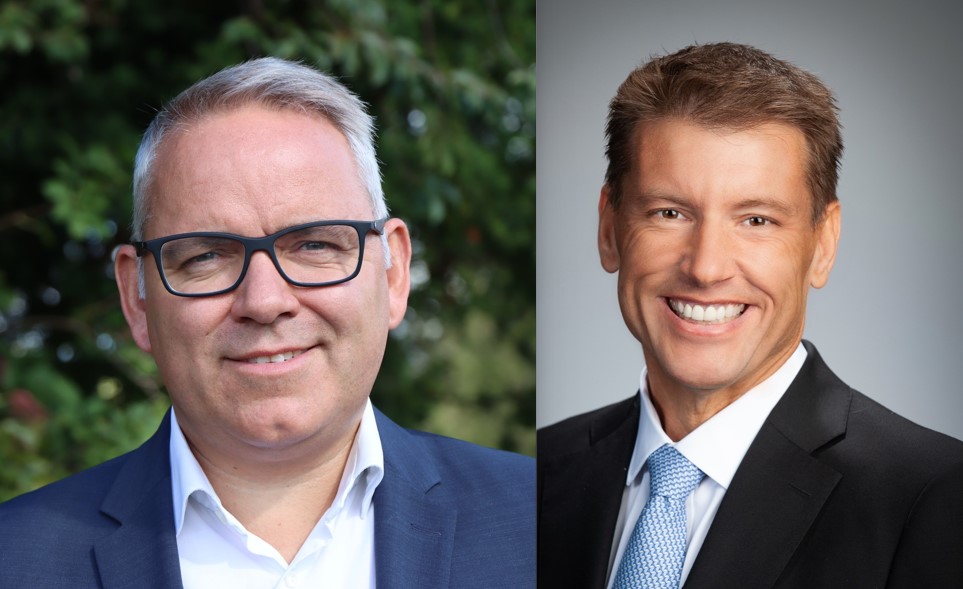Thermo King, a leader in transport temperature control solutions and a brand of Trane Technologies, will welcome visitors at the booth J20 of the Intermodal Europe 2022 show in Amsterdam, Netherlands, to present the latest refrigeration solutions designed to lower customers’ energy consumption, carbon footprint and improve the capabilities of their reefer fleets.
“Thermo King is coming to Intermodal Europe to demonstrate the container industry’s broadest refrigeration solutions portfolio for shipping lines, intermodal and stationary use,” said Claudio Zanframundo, vice president Thermo King Global Marine, Rail and Air. “We are looking forward to discussing the close ties between the cold chain and global sustainability goals. This includes important topics like energy consumption, cold chain resiliency, food waste and technologies of the future. We want to demonstrate how we make an impact accompanying our customers through the entire lifecycle of their reefers, improving, and upgrading the capabilities and efficiency of their fleets.”
The highlights of the Thermo King booth J20 booth of Intermodal Europe held from 8th to 10th November will include:
New Container Fresh and Frozen (CFF) refrigeration unit with a game-changing technology offering up to 20% less energy consumption than the market average and best-in-class, precise temperature control of +/- 0.25°C in chilled mode and +/- 1°C in frozen mode. The CFF responds to customer needs to reduce energy cost, increase sustainability, comply with the IMO 2030 requirements and achieve low total cost of ownership. Up to 20% less energy consumption on most common shipments of fruit with set-point 10-15°C, can represent a net saving of up to $65 per trip per container (calculated with the cost of Bunker oil per kWh at $0.1937).
TK Fresh+ advanced fresh air management solution – a microprocessor controlled fresh air exchange system ensuring quick pull down, temperature control and perishable cargo protection. The sensors measure the O2 and CO2 levels inside the container allowing the microprocessor to automatically adjust to changing conditions if the levels exceed the pre-programmed range. Featuring ‘ventilation on demand’, TK Fresh+ responses to continuing changes in respiratory gases, opening the vent automatically to allow fresh air in and closing it again when the desired gas levels are reached.
Thermo King SuperFreezer reaching -70°C, and SuperChiller units with setpoint between -60°C and +10°C, designed for ultra-low pharma, seafood, meat and sensitive materials applications. The showcase will also include a 10ft Cold Storage Solution (CSS) with Thermo King SuperFreezer responding to ultra-low temperature needs. The CSS can deliver complete coverage for vaccine and pharmaceutical storage at -70°C and can also be used with a genset making it suitable for transit and eliminating the need for dry ice.
Latest Thermo King SG-3500 genset available for sale and rent. The SG-3500 can power all ISO reefers thanks to its 24.4 horsepower engine and delivers noise and emissions reduction, which makes it one of the quietest and most sustainable gensets available on the market. Customers in North America, Europe and other regions can benefit from its cost efficiency and future proof their operations thanks to EPA Tier 4 Final, NRMM Stage V and 7-year CARB compliance. The unit also incorporates a stable voltage control to intelligently regulate power and keep it within limits set by ISO1496. Specifically for the North American market, Thermo King also offers the SG-5000 gensets that are CARB compliant for the lifetime of the product, protecting the customers’ investment and removing the need for retrofit or replacement.
Thermo King Advancer Intermodal refrigeration unit for containers offering market leading performance and fuel efficiency, temperature control, and fleet connectivity. The Thermo King Advancer Intermodal refrigeration unit offers unrivalled system efficiency and up to 40% quicker pull down and up to 30% better fuel-efficiency than the market average. The power-agnostic architecture of the Advancer units makes them future-ready and compatible with alternative power sources. This includes the Thermo King AxlePower smart energy generating system that harvests energy from the chassis’ axle and can enable fully electric, low or zero-emission and autonomous refrigeration.
On 9th November at 11.00am in the Keynote Theatre of the Intermodal Europe Conference, Claudio Zanframundo will speak about the evolution of the end-to-end cold chain solutions. In his keynote presentation Claudio Zanframundo will show how Thermo King has created a bridge between the Truck and Trailer business and Marine, Rail and Air applications. He will also address how Thermo King and Trane Technologies have committed to reducing carbon emissions with the Trane Technologies’ bold 2030 Sustainability Commitments, including the Gigaton Challenge to reduce customer greenhouse gas emissions by 1 billion tonnes.











